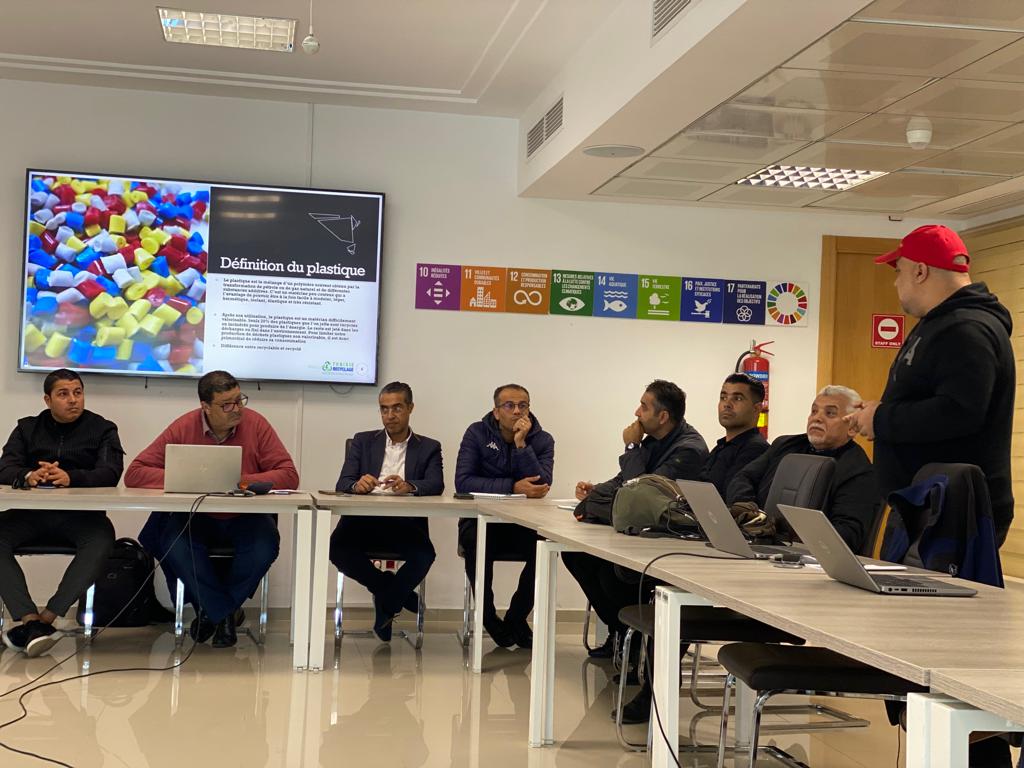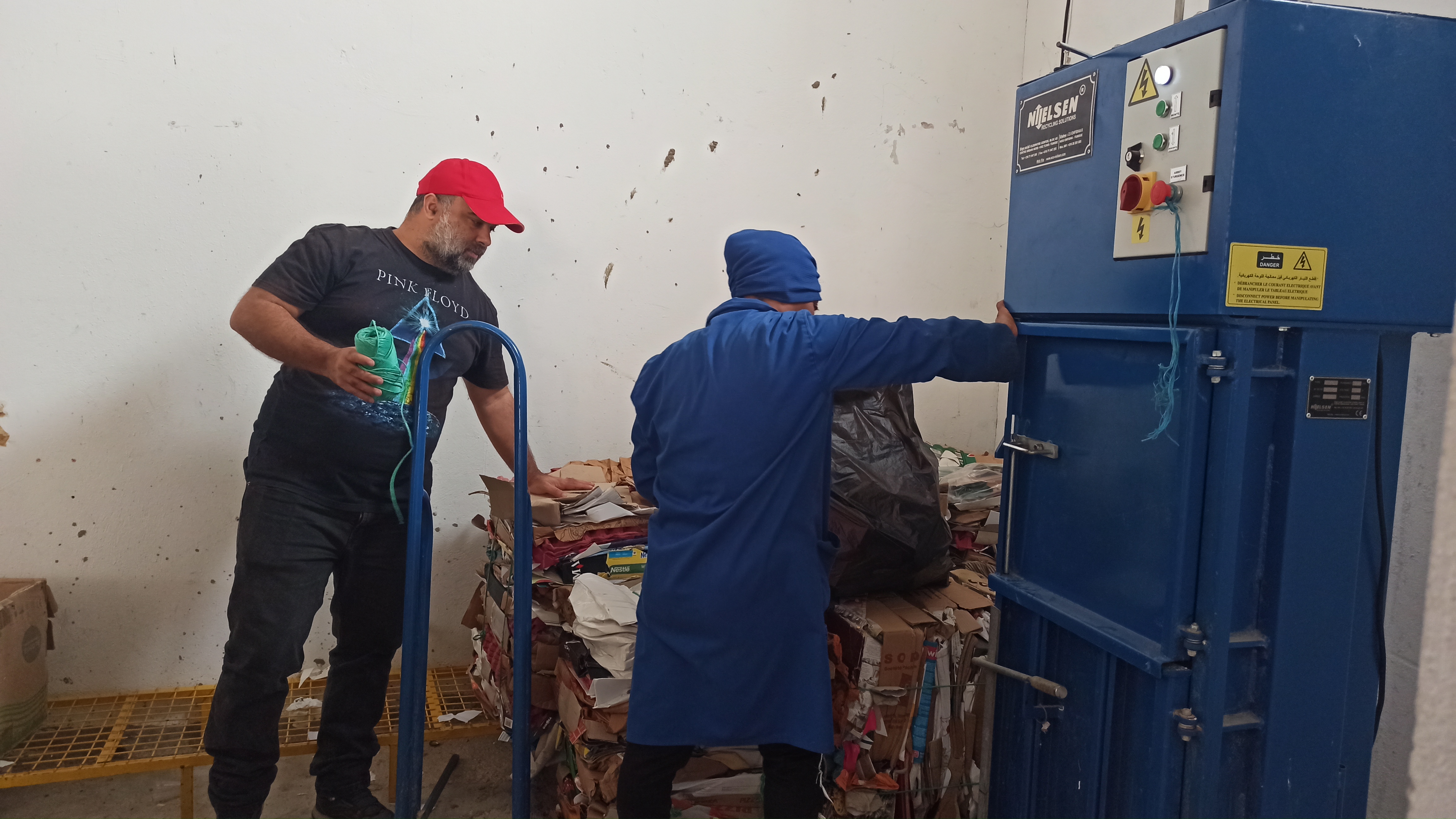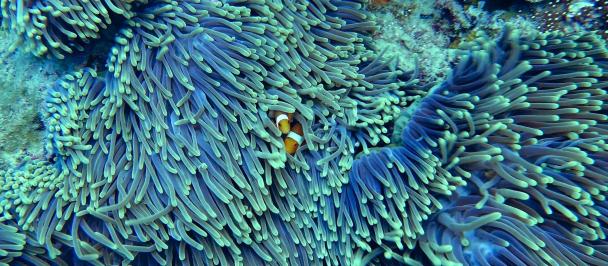By : Sandra Chemam, Communication Officer UNDP Tunisia
UNDP Tunisia joins global efforts to reduce waste.
22 mai 2023

Tunisia recycling plant, February 2023
Recycling plays a fundamental role in preserving our environment and reducing waste. This practice, which is gaining in importance throughout the world, contributes to reducing waste, preserving natural resources and combating climate change. Waste that was not sorted can otherwise cause serious environmental consequences, such as air, water and soil pollution, as well as the destruction of natural habitats.
In this context, the United Nations Development Programme (UNDP) in Tunisia is working to raise awareness of this crucial agenda and to encourage its staff to adopt environmentally friendly practices. Available statistics show that the volume of waste produced in Tunisia and worldwide continues to grow. According to World Bank, global waste production will increase by 70% by 2050 if mitigating actions are not urgently implemented.
In order to promote a culture of sorting and recycling amongst its staff, UNDP has offered awareness-raising sessions and installed smart bins throughout the office to encourage the selective collection and sorting of waste. This has been done in collaboration with Tunisie Recyclage, a local association based in Tunis. The bins are divided into three categories to facilitate sorting and recycling, allowing different types of waste to be collected, such as paper, plastic and batteries.

Training session at UNDP Tunisia
These sustainable practices should not be limited to the UN offices, but also incorporated into our personal lives. This is why UNDP staff have also been encouraged to adopt these practices at home, so that they can further raise awareness among their families and friends.
This initiative is part of UNDP's overall commitment to a green, sustainable and equitable approach. As a leader in the fight against climate change, UNDP has taken steps to become climate neutral in all its global operations since 2015 by purchasing carbon offsets. However, offsetting alone is not enough. To keep global warming below 1.5°C, it is also crucial to cut greenhouse gas emissions in half by 2030 and to reduce them to net zero by 2050. UNDP has been leading the way on climate action since the the launch of its Greening Moonshot in August 2019, through which it aims to reduce its operational carbon footprint by 50% by 2030.

Tunisia recycling plant

 Locations
Locations

